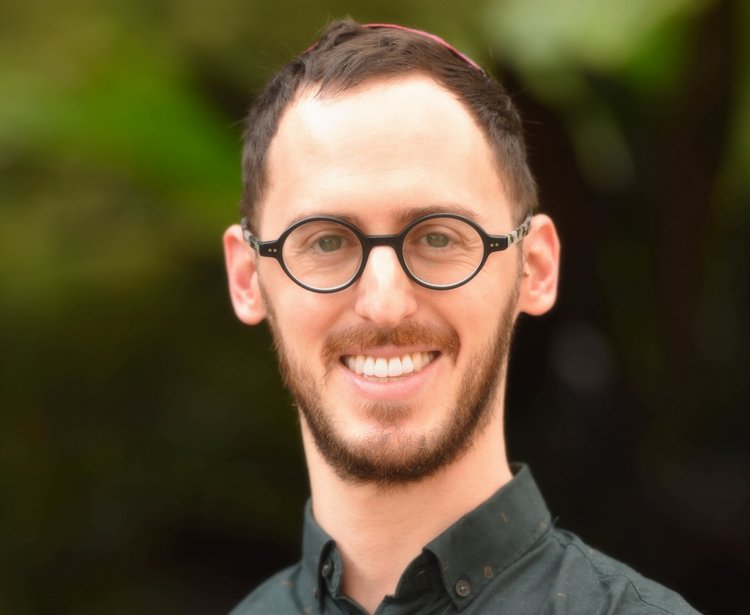We celebrate our liberation from slavery on Pesakh, and we work for the liberation of all those who remain oppressed, including undocumented people held in ICE prisons.
Last August, I was part of a political action to pressure a local prison to end its partnership with ICE (Immigration and Customs Enforcement). As we arrived, I looked up. In their prison rooms, detainees were flicking their lights on and off, waving, pressing hand-written signs against the windows of their cells.
The Torah refers to asylum-seekers, as gerim: Aliens. Sojourners. Strangers. How are we to treat people with little power, people far away from their own families and communities? This is the Torah’s response (Exodus 22:20):
You shall not wrong the ger, nor shall you oppress him; for you were gerim in the land of Egypt.
The Torah repeats this 36 times: lo tonu — “Do not oppress the stranger.” Remember you are a nation of immigrants, recall your ancestors who fled ancient Egypt, Czarist Russia, Nazi Germany. Don’t build walls that cut you off from those memories. Rather, let these memories expand your hearts across the borders that threaten to cut you off from your past. Let’s welcome those now seeking asylum from violence and uncertainty, who yearn to link their future to ours.
After we went to the prison warden to deliver our demands, we turned and lifted our hands up towards the detainees. As we did, we began to recite the Priestly Blessing. The detainees pressed their hands against the windows of their cells, as if we were joined palm to palm in prayer.
Yevarekhekha Adonai v’yishmarekha — May you feel safe and protected.
Ya’er Adonai panav eleykha yikhuneka — May the universe shine upon you, making you feel gracious and beautiful.
Yisa Adonai panav elekha, v’yasem lekha shalom — May God look your way, blessing you with peace and serenity, spaciousness and acceptance.
This Pesakh and all year long, let’s expand our hearts. We don’t need walls of greed and xenophobia. We can accept the holiday’s invitation to live now inside the promise of a healed and whole world, free of enslavement and oppression.
As we recite the Priestly Blessing at the close of the Amidah — a blessing of love and protection — let us receive it deep into the well of our being, into every cell, letting anything in us that feels separate or undeserving of this blessing dissolve in the power of its ancient words.
May we break down walls with the energy of the blessings we’ve received, extending them to all who need them. May it be so.







